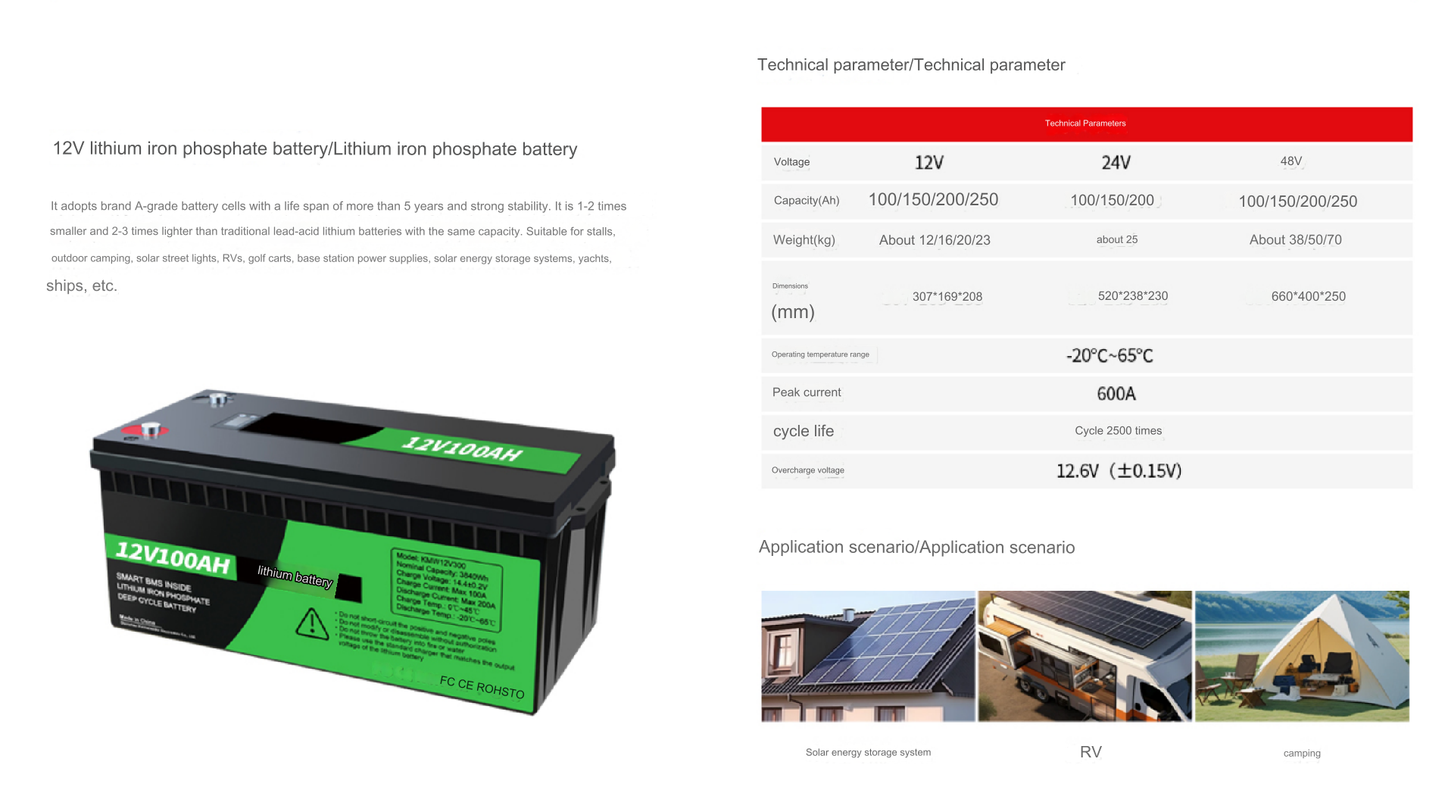Miaoqiang tech
solar panel
solar panel
Couldn't load pickup availability
Definition: Solar panel, also known as solar cell module, is a device that converts the energy of the sun into electrical energy to generate electricity. It is usually composed of multiple solar cells (also called photovoltaic cells) assembled on a board in a certain way. These cells can directly convert sunlight energy into electrical energy.
Composition: Solar panels are mainly composed of photovoltaic cells, energy storage devices, inverters and cables. Among them, photovoltaic cells are the core components responsible for converting sunlight energy into electrical energy; energy storage devices are used to store the generated electrical energy; inverters convert direct current into alternating current for use in our daily life and work.
2. Working principle
The working principle of solar panels is based on the photovoltaic effect. When sunlight shines on the surface of solar panels, the semiconductor materials in the panels absorb light energy and excite electrons to generate current. This process includes four steps: light absorption, charge separation, energy collection and conversion. Finally, solar panels transmit charges through wires, generate electrical energy in the flow of charges, and convert solar energy into electrical energy.
3. Application Fields
The application fields of solar panels are very wide, including but not limited to the following aspects:
Home and commercial buildings: Solar panels can be installed on roofs or walls to provide green, renewable energy for buildings.
Power plants: Large solar power plants use a large number of solar panels to generate electricity to meet the power supply needs of the power grid.
Ships and spacecraft: Some advanced ships and spacecraft have adopted solar panel technology to provide clean and efficient energy.
Other fields: Such as satellites, street lights, monitoring equipment, etc., can also use solar panels to power.


